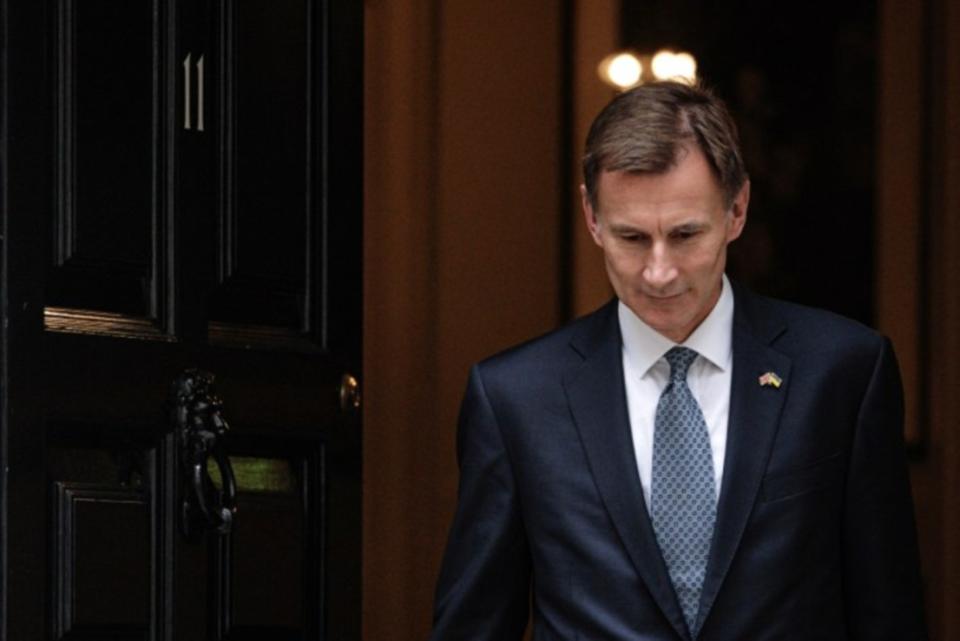‘Time is running out for the economy’: UK’s tax level highest on record

The UK’s tax level has soared to an all time high, according to new figures, raising deep concerns about the nation’s appeal to businesses and investors.
The UK’s tax-to-GDP ratio jumped to 35.3 per cent in the 2022/23 financial year, according to the latest data from the Organisation for Economic Cooperation and Development (OECD).
The new figure is a sharp climb from 34.3 per cent in the previous year and marks the highest level since records began in 2000.
The UK’s level is the 16th highest of the OECD’s mostly high-income 38 member countries and 1.3 per cent higher than the group’s 34 per cent average.
“Time is running out for the British economy,” John O’Connell, chief executive of the Taxpayers’ Alliance, told City A.M. “Unless there is urgent action to address record tax levels, our chances of high growth may be irrevocably damaged. Ministers must wake up to the need to reduce and simplify taxes.”
Matthew Lesh, director of public policy and communications at the Institute of Economic Affairs, echoed the concerns, saying that escalating taxes not only hurts households but also “sends a signal that Britain is a bad place to invest and start a business.”
He added: “It is well-understood that as taxes go up, the private sector shrinks and economic growth is lower.
“Ultimately, the reason the tax burden is so high is because the public sector is too big and delivering poor value to taxpayers.”
The data comes after Chancellor Jeremy Hunt (pictured) unveiled a package of business reliefs in his Autumn Statement last month, including a permanent extension of full expensing, which allows firms to deduct the costs of investments from their bills.
Prime Minister Rishi Sunak has since hinted he would like to make further tax cuts to attract global investors.
But critics were quick to point out the government’s decision to freeze tax thresholds, dragging more people into higher tax bands, will ultimately increase Treasury revenues.
Shadow financial secretary to the Treasury, James Murray MP, said 13 years of the Tories was to blame for the record burden.
He said: “Working people and businesses are being made to pay the price for their failure on the economy – with 25 Tory tax rises in this Parliament alone.”
A Treasury spokesperson said: “The UK tax system is highly competitive, with the lowest headline rate of corporation tax and the most generous capital allowances in the OECD, while our tax-to-GDP remains in the middle of the pack in the G7 in 2028-29 – lower than France, Italy and Germany.
“Our Autumn Statement delivers a £10bn per year cut for businesses by making full expensing permanent, and an over £9bn per year tax cut for employees and the self-employed, worth over £450 for the average worker on £35,400.”